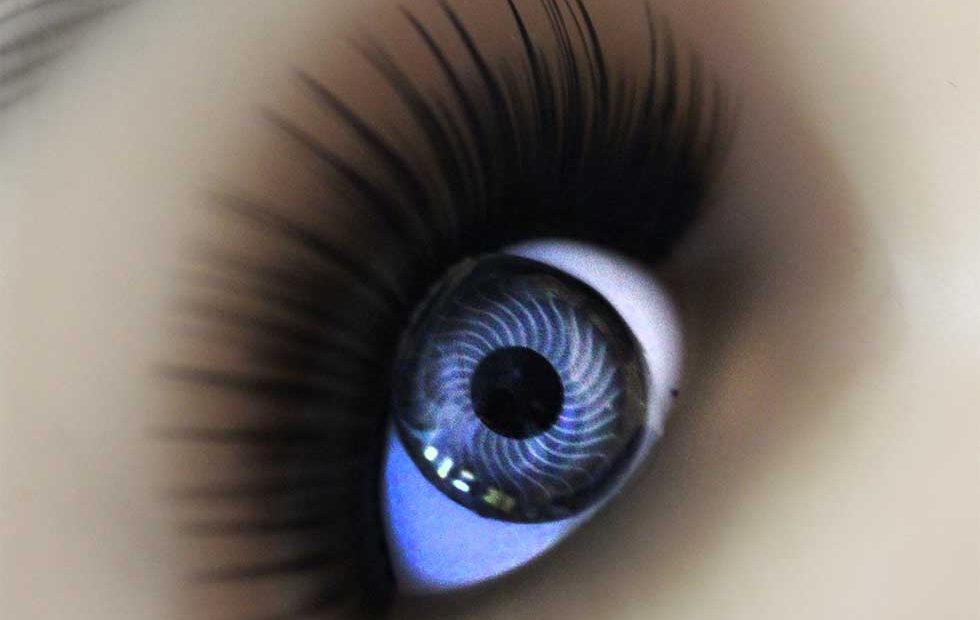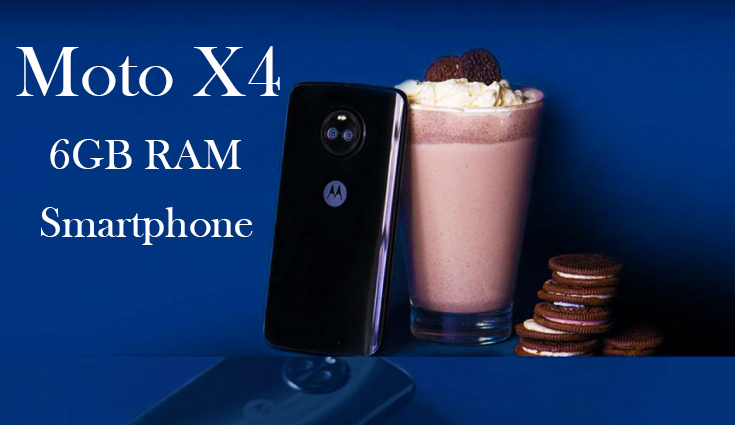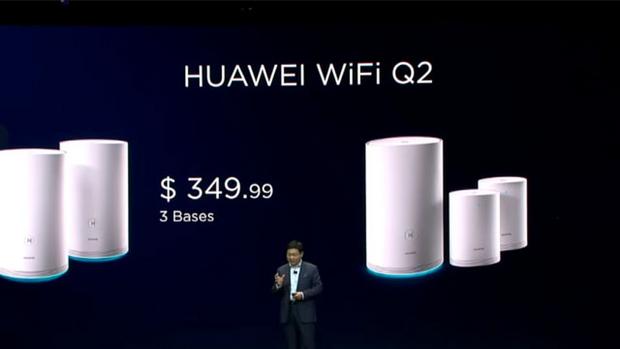Smart Contact Lenses: Helps To Determine Whether You Are Diabetic
People might just be one step nearer now in becoming cyborgs. Scientists have built up a delicate, adaptable smart contact lenses that screens glucose levels in tears and tells the wearer whether they are hyperglycemic or not. The developement team hope the device will one day be utilized by those with diabetes so they will never again need to prick themselves to screen their glucose levels.
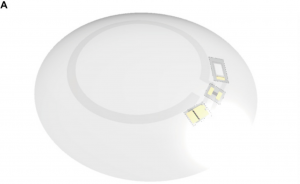 The contacts have a minor glucose sensor and LED light incorporated into them. A receiving wire at that point grabs radiofrequency signals from a transmitter and converts that to electricity, which is bolstered to a light that shines green. At the point when the sensor enrolls that the glucose level in one’s tears has topped a set limit, it cuts the power connected to the LED and the light goes off. The LEDs are strategically positioned to face outward so that the wearer can’t typically see them.
The contacts have a minor glucose sensor and LED light incorporated into them. A receiving wire at that point grabs radiofrequency signals from a transmitter and converts that to electricity, which is bolstered to a light that shines green. At the point when the sensor enrolls that the glucose level in one’s tears has topped a set limit, it cuts the power connected to the LED and the light goes off. The LEDs are strategically positioned to face outward so that the wearer can’t typically see them.
This implies that by looking in a mirror, anybody wearing the lenses can see when they have to adjust their insulin levels. The clever people among us will have understood that it appears somewhat odd to have the contact lenses only turn off when glucose levels rise, and this has not gone by the researchers unnoticed, who said they may check whether they can switch that bit later on.
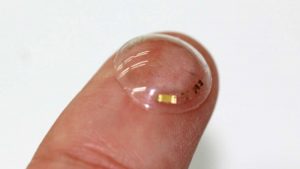 In the wake of testing the contact lenses on rabbits, and distributing their outcomes in Science Advances, the group found no signs that the lenses were uncomfortable.
In the wake of testing the contact lenses on rabbits, and distributing their outcomes in Science Advances, the group found no signs that the lenses were uncomfortable.
The scientists developed the contact lenses by utilizing adaptable, transparent components whenever conceivable. Just a couple of bits of the lenses are not flexible, including the glucose sensor, which is made using an inflexible silicon cushion. In any case, the team separated the pad into two pieces and connected them with adaptable wires to help with that.
The contact lens are yet to be tried on human beings, yet the group are genuinely confident that they will be effective. Try not to go hurrying to your drug store right now however, as they reckon it might take an additional five years to idealize them in people.
Get The Latest Tech News Updates Follow us on Facebook, Twitter, Google+, & Linkedin

